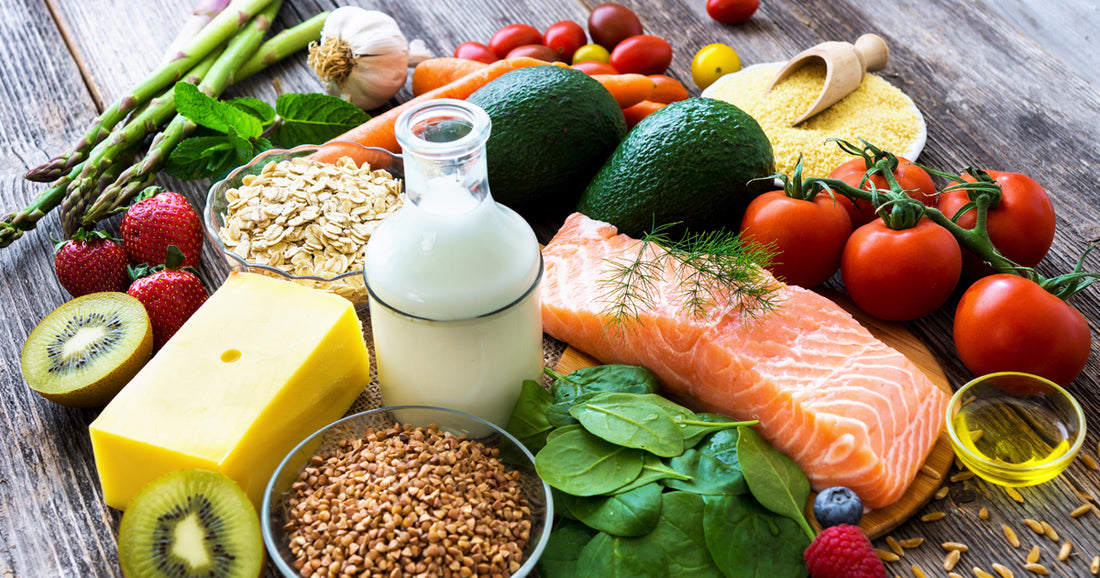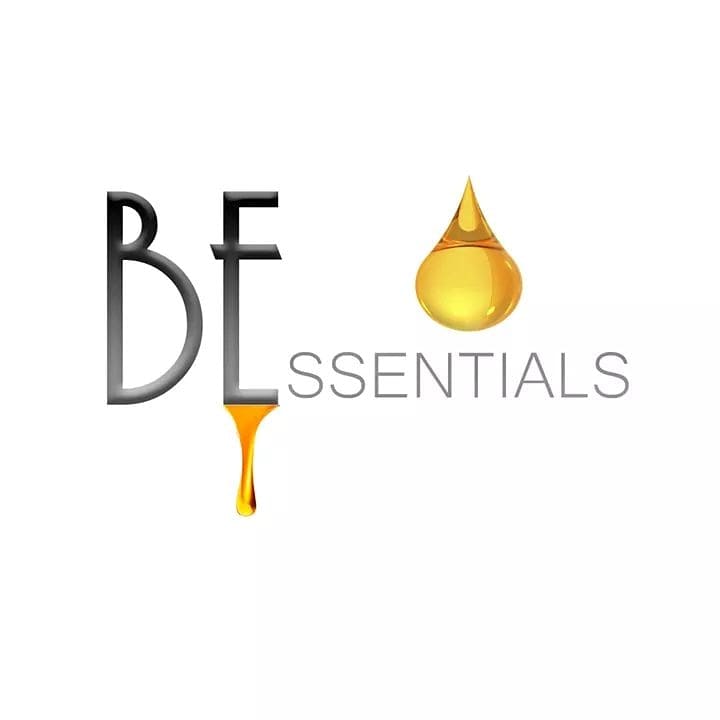
The Top 10 Foods That Make An Eczema Itch Disappear
Eczema affects over 30 million Americans to varying degrees. If you’re looking for ways to calm sore skin, soothe symptoms, or prevent a flare up, certain foods can be therapeutic. From sipping on oolong tea, green tea, or even a herbal brew of Centella asiatica; to eating everyday larder ingredients like pineapple and citrus fruit or berries; and even probiotics like fermented foods or yogurt; diet can play a more important role than you’d think.
Dry itchy skin that’s discolored or reddish looking can mar your appearance and be extremely exhausting to deal with. Unfortunately, for the millions of people living with eczema in the United States alone, this is a reality that they know all too well. Which is why alternative therapy including the use of therapeutic foods and herbal remedies can go a long way in improving the condition, easing symptoms, and making life more comfortable for those with eczema.
What Is Eczema?

Swelling on the skin, known as eczema, can result in itchiness, rashes, and dryness. You’re likely to see this problem affecting the skin on your face, behind your knees, on the inside of your elbows, as well as on your feet and hands. And unfortunately for you, when you scratch the itchy skin, it just worsens the swelling making you itch more than before!
The different types of eczema include:
- Atopic Dermatitis: The most common form of eczema, this extremely itchy rash is caused by skin barrier issues or a malfunctioning immune system.
- Contact Dermatitis: Brought on by contact with an environmental irritant or allergen, like laundry detergent, perfume, or household cleaners.
- Dyshidrotic Eczema: Usually caused by contact with an allergen, this type of eczema presents itself as blisters on the hands and feet.
- Stasis Dermatitis: Generally occurring in older adults, stasis dermatitis happens when poor leg circulation causes the veins in the legs to swell, leading to irritation and itchy skin.
- Nummular Eczema: Caused by dry skin or exposure to an allergen, this type of eczema shows as round lesions on the skin.
- Seborrheic Dermatitis: Greasy white or yellow patches on the skin caused by hormonal changes, genes, or bacteria.
How to Know You are Suffering from Eczema
If you suffer from eczema, you are likely to have one or more of these common symptoms:
- Red skin
- Itchy skin
- Dry skin
- Swollen areas on the skin
- Crusting skin that may ooze
- Scaly patches
- Darkened patchy areas on the skin
Eczema And Your Diet
While there are some treatments like medication, topical creams, and even light therapy that you could use to soothe it, diet too plays a role in controlling the problem.
1. Pineapples
If you enjoy the distinctive sweet tanginess of a pineapple, you’ll love the fact that this fruit can also help your eczema (as long as you aren’t allergic to it). The enzyme bromelain, found in the fruit, is known to help cut inflammation. Just be careful to check with your doctor if you’re already on blood thinning medication because high intake of bromelain may cause increased risk of bleeding. It could also interact with certain drugs

2. Berries
Berries are rich in flavonoids which can be helpful for reducing inflammation, while strengthening connective tissue to support eczema prone skin.
Try adding strawberries, blueberries, or raspberries to your smoothies, or over coconut yogurt with a drizzle of raw honey and a handful of nuts or seeds.
3. Manuka Honey

Honey is amazing for eczema and can be used topically. Manuka honey, in particular, contains antibacterial properties to help combat skin infections like staph that can trigger eczema. A study found that the use of manuka honey helps heal lesions in patients with atopic dermatitis.
Manuka honey can be used directly on the skin or mixed into a cup of tea, blended into a smoothie, drizzled over berries, or enjoyed straight off the spoon.
4. Vegetables
Eating lots of veggies reduces inflammation, a key part of getting eczema symptoms under control. There are also certain vegetables rich in probiotics that help feed the healthy bacteria in the gut, which is especially beneficial to those with allergies. Studies show that the combination of pre- and probiotics served as a promising natural treatment option for atopic dermatitis.
Add a healthy dose of prebiotics to your diet by consuming vegetables such as:
- Dandelion greens
- Asparagus
- Leeks
- Jerusalem artichokes
Blend your greens into a smoothie, or make it a goal to enjoy a fresh salad or veggie dish every day.
5. Bananas
6. Green onions
Green onions are good for you if you’re suffering from eczema because they include histamine lowering, anti-inflammatory quercetin. As a result, your body will have lower histamine. It also offers strong anti-inflammatory effect.
7. Buckwheat

Buckwheat is a good food for eczema patients because and it contains quercetin. Quercetin is a histamine lowering anti-inflammatory element. As a result, your body will have lower histamine besides having anti-inflammatory doses.
8. Cold Water fish
Cold water fish like Salmon, halibut and cod are good for you when you are suffering from eczema. They offer lots of omega-3 fatty acids. Omega-3 fatty acids are good for you because they reduce eczema flare-ups and make you comfortable in your daily life.
9. Rice milk

Rice milk is an eczema safe food because it contains low chemicals. It is also a low allergy food.
10. Beef or Chicken Broth
If you need skin repairing, you should have beef or chicken broth. They provide amino acid glycine which helps with skin repairing. Skin repairing is very essential for people who suffer from eczema because of the scarring, pigmentation and other skin problems.
What You Don’t Eat Is Important Too!
Since atopic dermatitis, the most common form of eczema, is triggered by allergens, you may need to look at foods to skip. This approach is dubbed an “Elimination Diet” and essentially requires you to cut out all possible food allergens. While eczema in children aged 4 and under is quite common, many outgrow food allergy linked eczema as they grow up. Some research suggests that a large number of these kids do still experience the problem as adults. And if that’s true of your condition, being careful about not eating foods that you are sensitive to is important.
Stay tuned for part 2 of which foods not to eat when dealing with eczema.
If you're looking for an alternative treatment for eczema you should try Our Award-Winning Oil for Eczema. Get a free sample here!

